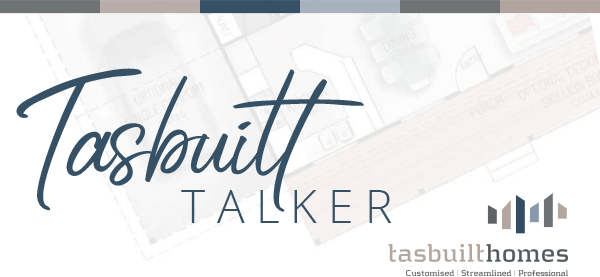Receive your free commercial brochure Request Now
What trends in technology are emerging in Modular for 2023?
Modular is constantly evolving, and has gained massive traction in recent years – far from the flimsy box image once portrayed, modular has an edge on the market these days as innovative & robust and the market is making itself heard loud & clear!
So where is modular headed in the technology space? Well, we think it all looks exciting! Read on to find out more...
1. BIM
The use of BIM (Building Information Modelling) is a guess an obvious one. BIM is used to prepare digitised, 3D versions of construction projects giving all stakeholders - tradies, contractors, architects, and engineers the flexibility to ensure all requirements are met, as all aspects of the build can be closely considered.
It creates insights into the project long before it even starts, greater clarity in measurements & specs, and modular can be amazingly effective in creating more accurate communication between onsite and factory teams.
2. AR
AR or (Augmented Reality) will definitely have a place in modular as it evolves. An AR device used as a building model would be incredibly beneficial to so many areas of modular – starting with the client or investors, using AR goggles or via smartphone they would be able to visualise the project, sometimes to the point of feeling like they are standing in the building – even though it might only be at its initial planning stages – this would be very powerful in marketing as well.
This would also be useful for project managers liaising with various teams within the modular process, even for planning the onsite works prior to transportation.
The idea of having an accurate visual and the concept of identical representation for all teams is certainly powerful in the modular workspace.
3. Business Management Software
As the demand for modular increases, so too does the need for modular companies to be constantly evaluating their processes and streamlining them accordingly.
There are quite a number of ‘business management software packages available on the market currently, and it’s a wholesome pursuit to look into some of these.
Here at Tasbuilt, we are working with a system called Buildertrend. Buildertrend has the entire package as far as we’re concerned from pre-sales tools including a CRM, to a fantastic quoting platform. Once the build progresses the system includes tools like budgets, schedules timesheets, to-dos, change orders, warranty requests, and payment processing and it also integrates with a range of accounting software systems including Xero. There is certainly more than just Buildertrend out there, but we find an all-inclusive system that covers each project end to end is incredibly powerful and helps in every department of the organisation.
Covid 19 has changed the world in so many ways, and another area that has learnt to adapt is modular. Modular in many parts of the world, came into its own during the pandemic, and I’m sure this will continue to evolve as we learn to adapt and cope with different strains as they develop throughout the Western world. The pandemic clearly showed the need for more interchangeable and more rapidly constructed dwellings – for example – a school could be converted to a hospital during a crisis and returned back to a school when the crisis was over. Homes becoming more equipped for isolation requirements, and home offices becoming more needed for the long term.
Modular can adapt for different purposes while maintaining the same standards and level of completion – definitely the way of the future in our ever-changing world!





